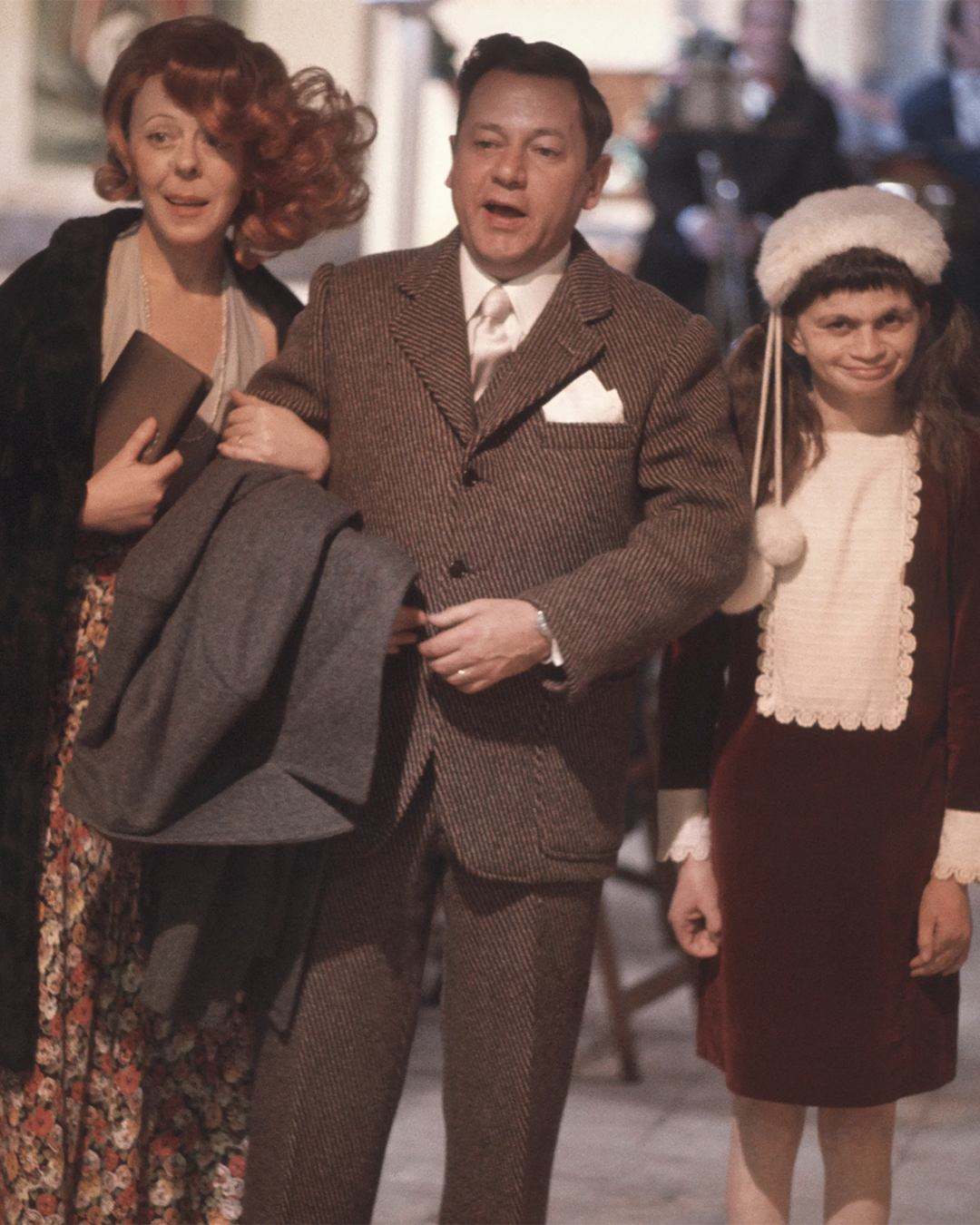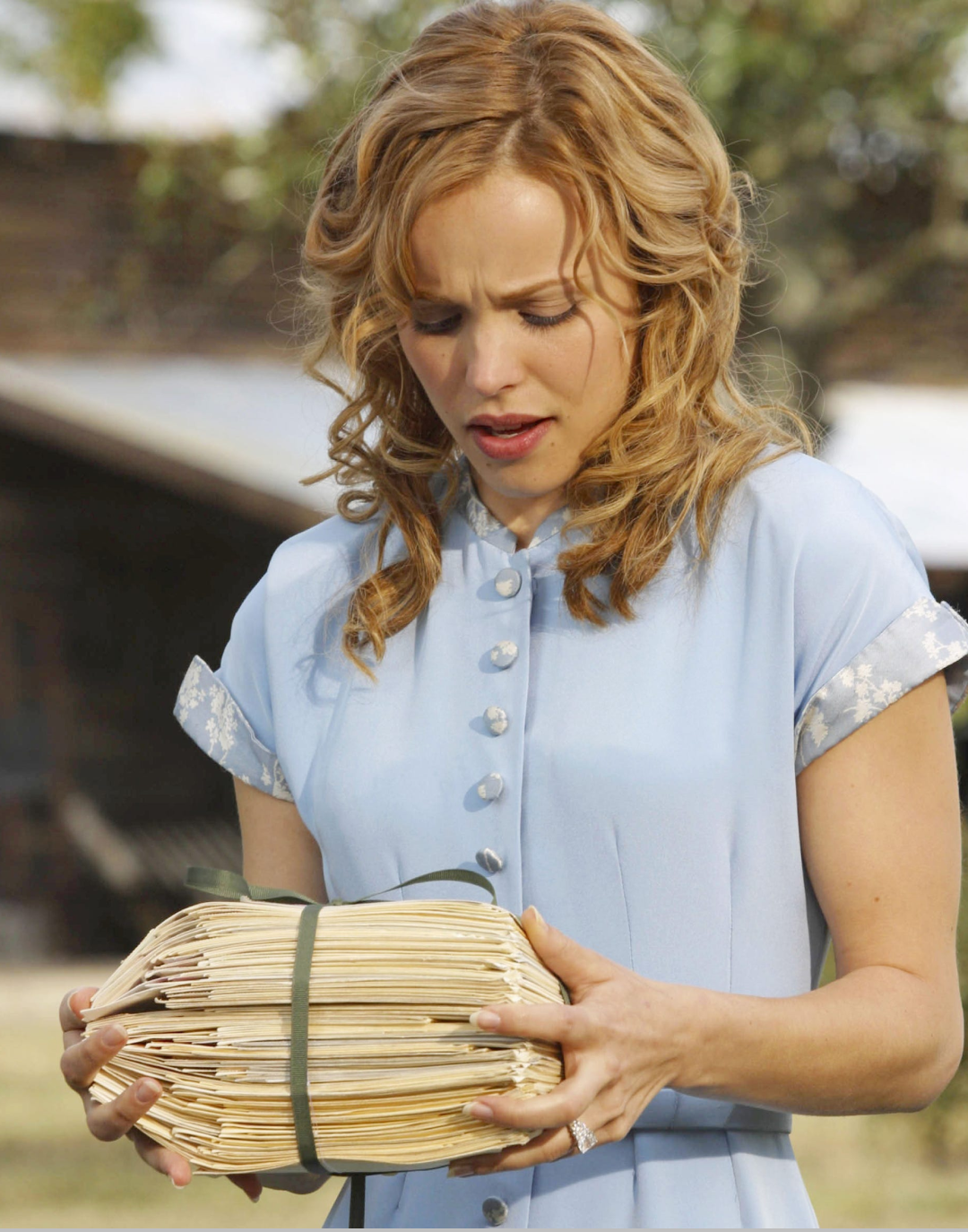
What went down at the David di Donatello 2025 Awards ceremony A long, extremely long evening - which gave us some joy nonetheless
When we say that the David di Donatello should steal from the Oscars, we don’t mean they should hold us hostage until two in the morning. For a few years now, the Italian Cinema Academy – and not "Academy", as artistic director Piera Detassis emphasizes – has been trying to offer a glamorous, lively, and glossy ceremony. Too bad the result often leads to half-empty venues by mid-evening and a runtime that viewers at home can no longer tolerate, not even for the Sanremo Festival, let alone for Italian film awards (with a 13% share according to Auditel data, compared to 17.3% in 2024). And who can blame them, given the pace and entertainment value of the 70th edition, which played its Timothée Chalamet card just a few minutes after the start of the night, allowing him to greet, give thanks, name-drop the inevitable Francesco Totti, and leave—perhaps without giving much other reason for viewers on their couches to stay tuned. One wonders how much Sean Baker envied him, invited to collect the award for Best International Film for Anora, and instead had to wait past midnight (and beyond) to accept it, paying tribute and becoming emotional over the Special Award for Ornella Muti, a friend of his, who wasn’t even present at the ceremony.
But let’s start from the beginning and why this 2025 edition was already shaky from the start. Let’s say this year we started off-balance with wars, genocides, and missing jobs in the Italian film industry clashing awkwardly with the forced party mask the David di Donatello had to wear – after all, as Joker teaches us, even in the bad sequel Folie à Deux: everyone has to play their part. At least some winners openly took a stance on stage, with official social channels yet to censor speeches like Elio Germano’s, who, while receiving the Best Actor award for La grande ambizione, explicitly referenced the Israel-Palestine conflict – which is no longer a given in public broadcasting contexts. A gesture echoing what Libero De Rienzo did in 2002, while accepting the award for his performance in Santa Maradona, with other colleagues this year walking the red carpet wearing pins (composer Giorgio Giampà) and earrings (actress Jasmine Trinca) in support of Palestine. But how is it that a second later, everything feels so surreal when the most unexpected couple of the night appears?
Elio Germano: "La nostra Costituzione parla di parità di dignità. Un povero deve avere la stessa dignità di un ricco [...] e un palestinese la stessa dignità di un israeliano" Applausi #David70 pic.twitter.com/b2n9Riqb22
— Il Grande Flagello (@grande_flagello) May 7, 2025
Indeed, Chalamet decides it’s time to make his first official red carpet appearance with Kylie Jenner, choosing Cinecittà as the backdrop and watching the Kardashian diva at one point walk entirely alone toward the Roman ruins from films like Quo Vadis? and Ben-Hur where the pre-show cocktail awaited guests—though, of course, they didn’t attend. Thanks to Rai’s cameras, we can remember them like this: the actor launched by Luca Guadagnino – who made a point to underline his absence in the audience, this time somewhat justified since Queer will only be eligible next year – alongside Jenner, Valeria Golino, Jasmine Trinca, his father, and interpreter Bruna Cammarano whispering in his ear like an attentive advisor. Even so, when in the spotlight, the star showed off his Italian language skills, giving us hope that next time he’s in Italy he won’t have to stick to saying only “Forza Roma” – a true highlight of the night we (didn’t) deserve. But did anyone consider having Totti himself present the award?
@nssmagazine Timothée Chalamet saying “Forza Roma” on the David di Donatello red carpet #daviddidonatello #roma #forzaroma #timotheechalametedit #timotheechalamet #timothéechalamet #redcarpet #david70 #fashiontiktok #TikTokFashion suono originale - nss magazine
Once the Timothée Chalamet chapter closed, the night dragged on – a lot, and hosts Mika and Elena Sofia Ricci didn’t make things easy. Promising on paper and a breath of fresh air after the standard Carlo Conti format, whether from nerves or inexperience, the duo stumbled, froze, glanced around for the teleprompter and, more than halfway through the night, shifted into high gear because it was already midnight and there were still fifteen categories left to award. Imagine being in the casting director category, long fought for, finally included in the nominations list, only to be awarded at 1:10 AM. A contradiction, just like Riccardo Cocciante and the surprise of Era già tutto previsto (dread of a loop like Creuza de mä at Sanremo) – or the fact that Paolo “Absent” Sorrentino’s Parthenope got zero awards. Or the first Best Director award for a woman, Maura Delpero for Vermiglio – which also won Best Film – and a moment later, the Best Cinematography award went to a man, as if female cinematographers didn’t exist. Why not abolish the gendered term and simply say Best Cinematography? True, only one woman has ever won it since its creation in 1981, and it took seventy years for one to win Best Director – so maybe we should at least start or prepare, right? As Margherita Vicario aptly put it while collecting three David di Donatello awards for her debut Gloria!: “Feminism? Don’t make it an ideological issue, make it a statistical one, and everyone will be more at ease.” Or the fact that the most blunt and critical voice on the topic of small productions and tax credit was the oldest awardee, Pupi Avati, whose latest films haven’t done well and whose budgets have been shrinking, yet he continues fighting a battle that has plagued the industry for over a year.
But the greatest inconsistency of all may be the placement of L’arte della gioia, the series for which Esterno Notte by Marco Bellocchio walked so Valeria Golino’s Sky show could run. A Sky production, six episodes, Cannes premiere, and strategic theatrical release in two parts. Including the uncontainable hunger for love of Modesta, described by Goliarda Sapienza in the book turned adaptation, brings up the most niche question of all: isn’t it time to establish a dedicated award for TV series? Sure, we can’t even properly handle a single ceremony a year like the David di Donatello, maybe we’re not ready for our own Emmys or Golden Globes. Maybe we could rethink the Telegatto – cleaned up and focused – that (and here’s our plea) would highlight the authorial importance of series too. Otherwise, screenwriters might retaliate by stretching films to four hours or more to “better explore the characters” and avoid competing with the episodic format’s narrative freedom. It’ll be fun to see how they’ll handle M – Il figlio del secolo next year, arguably the best Italian production in years, yet lacking theatrical distribution, except for the Venice Film Festival premiere (which doesn’t qualify it) and a single guest screening in Rome at Cinema Troisi.
Vince il #David70 come Miglior Attrice Protagonista Tecla Insolia per L’Arte della Gioia. pic.twitter.com/esTiyr8O4d
— Rebelle Vague (@rebellevague) May 7, 2025
In the end, and deservedly so despite the dissonance, L’arte della gioia takes home three awards, including Best Screenplay (of course!), Best Supporting Actress for Valeria Bruni Tedeschi, and Best Actress for 21-year-old Tecla Insolia. One of the few who, in an edition supposedly marked by youth, truly carried the banner high. Especially since, due to lack of time, only Emiliano Palumbo was allowed to speak among the six Revelation Award winners. For Insolia, it’s her first win out of two nominations – a record, considering the other was this same year for Familia – and, if one paid attention to the voiceover, a promising future awaits the actress: some are already on their tenth, twelfth, fifteenth nomination and their fifth or sixth win – even among actors (Bruni Tedeschi included). Move over, Meryl Streep. Just another sign that among the many things distinguishing Italian cinema is a certain laziness in deciding whom to praise. And it’s not just that the same people always work, but that the awarded ones are the safe picks – though it’d be interesting to hear what those protesting outside Cinecittà think, as they stood there because so few now actually get to work on set. Who knows if, after the Oscar reforms requiring voters to watch all nominated films, something might change here too. Glamour is fine, but let’s aim for something useful as well.













































